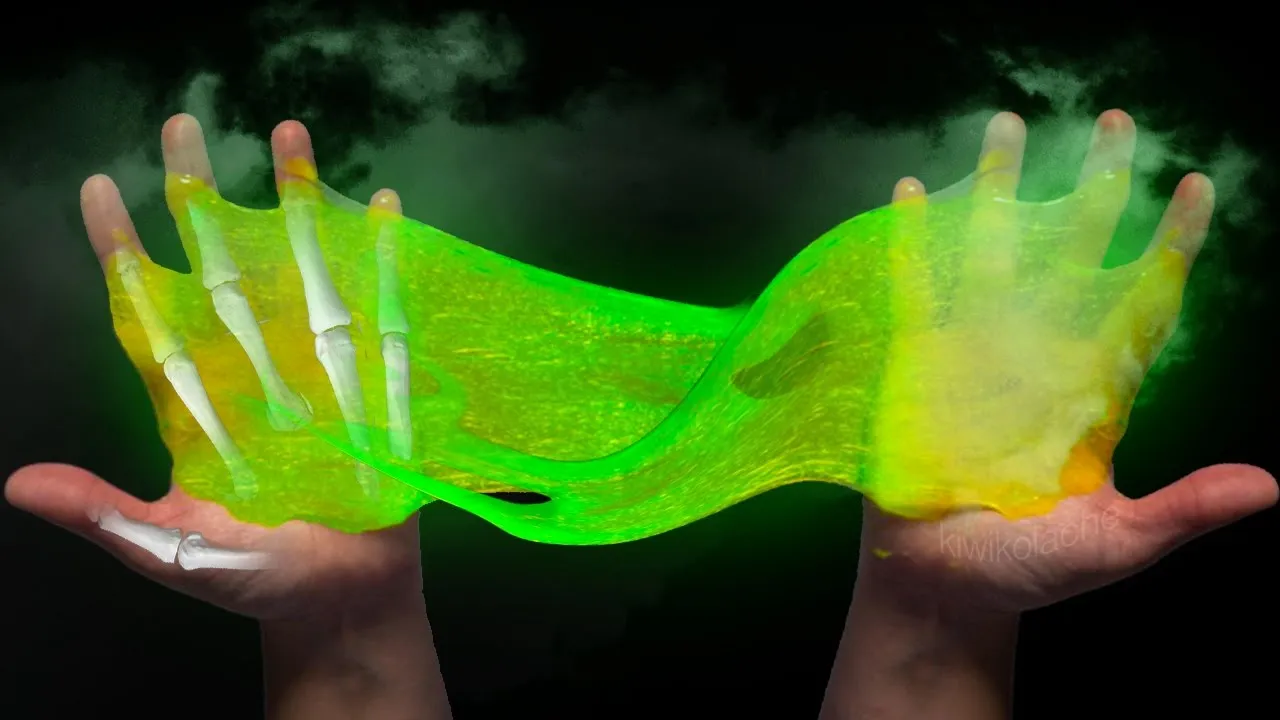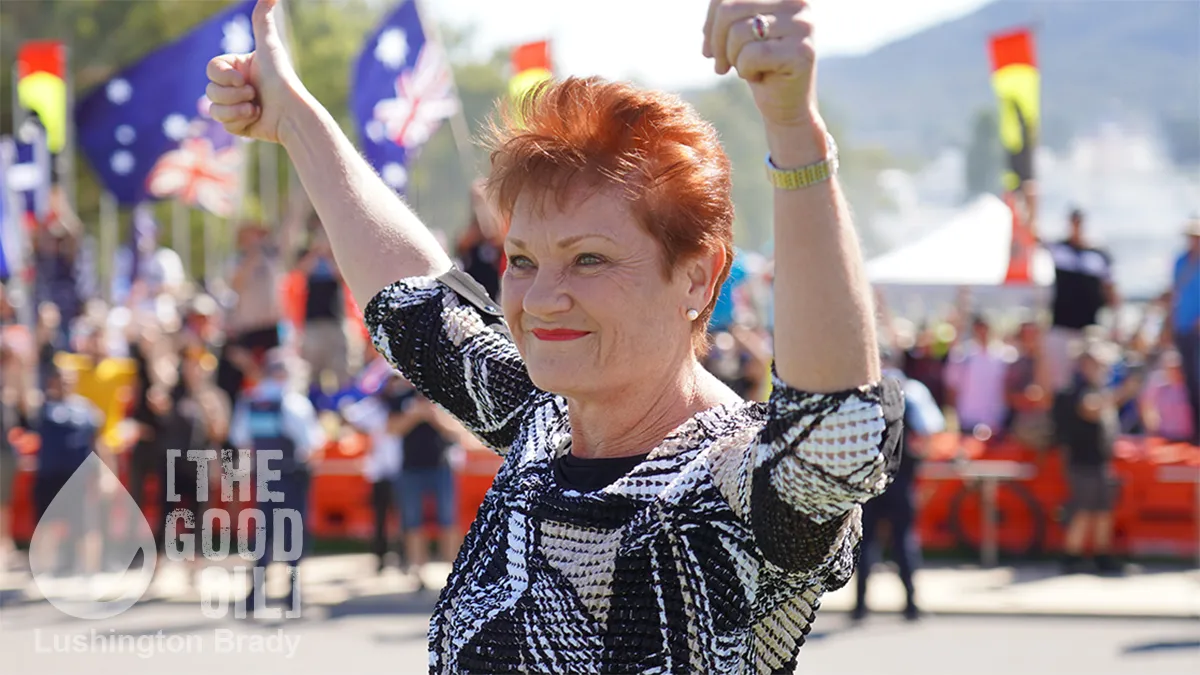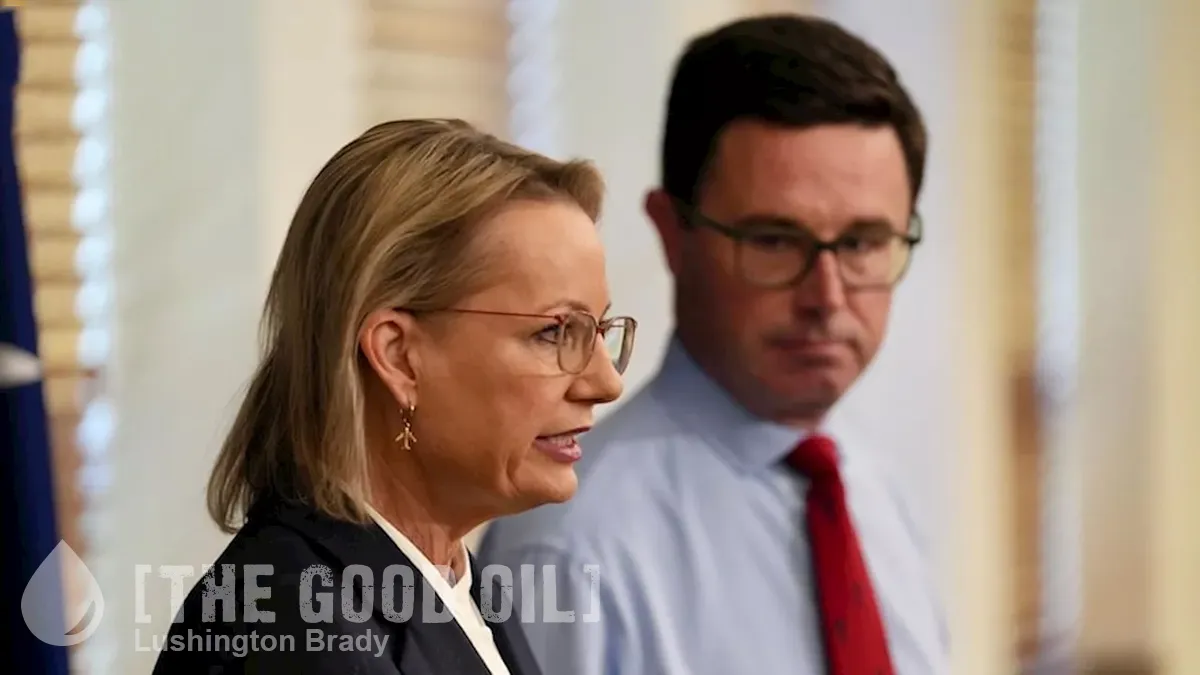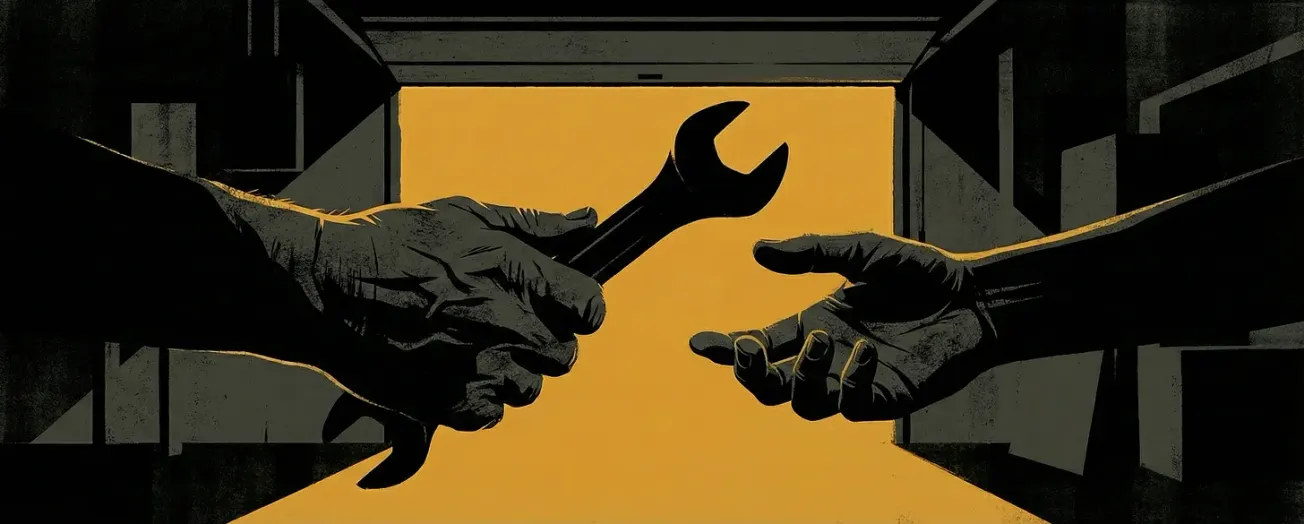Table of Contents
Bryce Edwards
Political Analyst in Residence, Director of the Democracy Project, School of Government, Victoria University of Wellington
A top university academic, selected by former Prime Minister Jacinda Ardern to head a big project aimed at reducing division and extremism in New Zealand, is currently in trouble for lashing out at the new government, accusing it of racism, child-hatred and being a “death-cult”.
Prof Joanna Kidman was appointed as the director of the He Whenua Taurikura, the Centre of Research Excellence for Preventing and Countering Violent Extremism, funded by the Department of Cabinet and Prime Minister (DPMC). But in posting colourful critiques of politicians this week, she has brought on questions about her suitability for the role of reducing extremism in society. This minor scandal also provides a useful case study about the rising political temperatures in New Zealand politics at the moment.
Kidman’s provocative tweet
The post that Kidman made should be read in full: “There is so much evidence that military-style youth boot camps don’t work and are expensive, that I can only assume that this government hates children, most of whom will be poor and brown. Plus, it wants to snatch children’s lunches. Is this a government or a death-cult?”
Government minister and ACT Party leader David Seymour has reacted strongly, questioning whether Kidman is therefore an appropriate person to direct the government-funded anti-extremism programme: “If she wants to get into a rational debate about what to do with youth offenders, for example, we are very happy to have that debate. That level of name-calling is not actually advancing the debate. It is actually advancing a more divided society which is, ironically, the opposite of what she’s supposed to be about.”
Seymour also says the incident raises questions about whether the output of Kidman’s government programme is creating value for money. Since 2022 it’s been funded with $2.15m a year.
Similarly, the ACT Party has put out a statement saying, “The irony of an anti-extremism campaigner using such extreme rhetoric should be obvious.” For the best coverage of this, see the Herald article by Benjamin Plummer and Raphael Franks: Professor Joanna Kidman says coalition Government might be a ‘death cult’, David Seymour calls for resignation of anti-extremism centre director.
Kidman’s programme, He Whenua Taurikura, was also set up with another academic co-director, Prof Paul Spoonley. But the above article reveals that he “is no longer a director” – which hadn’t previously been reported – and that Spoonley “did not wish to comment”.
Should government advisers and academics be allowed to abuse politicians?
The attack on the government raises freedom of speech issues. Particularly in terms of academic freedom, because Kidman is also an academic and her government anti-extremism programme is housed at Victoria University of Wellington. And today the Free Speech Union has come out to defend Kidman’s right as an academic to say what she thinks of the government.
The union’s chief executive Jonathan Ayling went on RNZ’s Morning Report to say that Kidman’s academic rights should be defended – especially by her university. He says that it is different, however, in terms of Kidman job as a paid adviser to the government – which means that the state might expect some sort of professional neutrality, much like from a public servant – see: Free speech advocate on professors social media posts.
The DPMC has put out a statement, effectively pushing the issue onto Kidman’s direct employer, the Victoria University of Wellington: “the Department of Prime Minister and Cabinet has conveyed to the university via the Trust its concerns that Professor Kidman’s comments may bring the centre into disrepute” – see RNZ’s Victoria University professor spoken to about anti-government social media post.
The University itself has made it clear that it doesn’t back Kidman’s post, saying that the tweet “does not support an inclusive conversation”. So, was Kidman’s tweet out of order for an academic?
According to political scientist Grant Duncan, it was, and he says it has damaged the reputation of Kidman’s anti-extremism programme. He writes today: “Prof Kidman let herself down, as an academic, by resorting to an ad hominem attack… I can’t defend the professor, as her words strayed from academic standards. Of course she’s free, by law, to say what she likes, but that doesn’t mean there won’t be consequences for her academic reputation” – see: Freedom of political expression: a week of it.
Kidman’s tweet, however, wasn’t exactly out of the ordinary for the type of debate that occurs on social media. And Kidman herself had a long history of feisty public exchanges on Twitter before Jacinda Ardern appointed her to the prestigious role. It certainly can’t have come as a surprise to anyone associated with employing her – Kidman had long fought strongly online for her causes, especially in terms of Maori sovereignty.
Kidman has also previously been outspoken on the problem of rising political polarisation, and has strongly condemned the public abuse that is directed at politicians. She spoke out recently, saying that such abuse and the targeting of politicians “absolutely, totally” puts some people off politics. She has said, “There are very strong signals being given and it is it does have a really chilling effect because it does ultimately risk making parliament a less diverse place” – see Anna Whyte’s article in the Post: ‘More work to do’ on Parliament’s culture, says PM (paywalled).
The professor was commenting on the abuse that was said to have contributed to Green MP Golriz Ghahraman’s downfall over alleged shoplifting. Kidman explained that politicians have it hard because there isn’t enough support for politicians that are targeted for abuse, from within and outside parliament, saying: “It is still a shitshow, it’s still a really difficult environment to navigate.”
Rising temperatures in politics
The Kidman story epitomises the fact that politics in New Zealand continues to heat up, in a way that is threatening social cohesion. For example, in reporting on Kidman’s tweet, the Herald also drew attention to another academic taking on the government with strong language: “It is the second social media spat involving Seymour after earlier this week, he and Health Coalition Aotearoa co-chair Professor Lisa Te Morenga exchanged personal barbs over the Government’s free school lunches programme. Te Morenga said she viewed the coalition as a ‘fascist white supremacist Government’, while Seymour said she had ‘anger management problems’.”
Sportspeople are also joining the dissent against the new government. In the opening match of the women’s Super Rugby Aupiki season, the Hurricanes team performed a haka on Saturday that called for the Treaty to be retained, and denounced the government with the chants of “karetao o te Kawana kakiwhero” – which translates as ‘puppets of this redneck government’ – see Stuff’s Winston Peters tackles Hurricanes Poua over ‘redneck government’ haka.
In response, Newstalk ZB’s Heather du Plessis-Allan has essentially argued it’s another case of “Go woke, go broke”, saying that it should be the prerogative of the women rugby players to politicise their team and make strong statements about the government, but they shouldn’t be surprised if they alienate large parts of their audience – see: Super Rugby cannot afford to lose more money.
The broadcaster says that although there’s been a recent fashion for corporates to go “woke” to sell products, the tide seems to have turned on this: “For ages, there was a time where brands could get away with being a bit wokey for a bit of street cred… But not anymore… Consumers who don’t like the wokey stuff have started punishing brands for it. So quite rightly, the rugby bosses want to stay right out of politics and not annoy either side – and who can blame them?”
However, haka has a long history of being used for political purposes – see Michael Cugley’s Hurricanes Poua haka just the latest in a long tradition of protest haka. And for a very good account of sport and politics mixing together, see RNZ’s Hurricanes haka: A brief history of protests in sport.
Finally, does all this reflect that the country is becoming more divided? Numerous survey results suggest that division is indeed occurring. For the last opinion poll on this question, see Essential Research’s polling question: “Do you think New Zealand is becoming more or less divided?”. When the public was asked this in September, only three per cent said the country was becoming less divided, and 77 per cent said New Zealand was becoming more divided.









